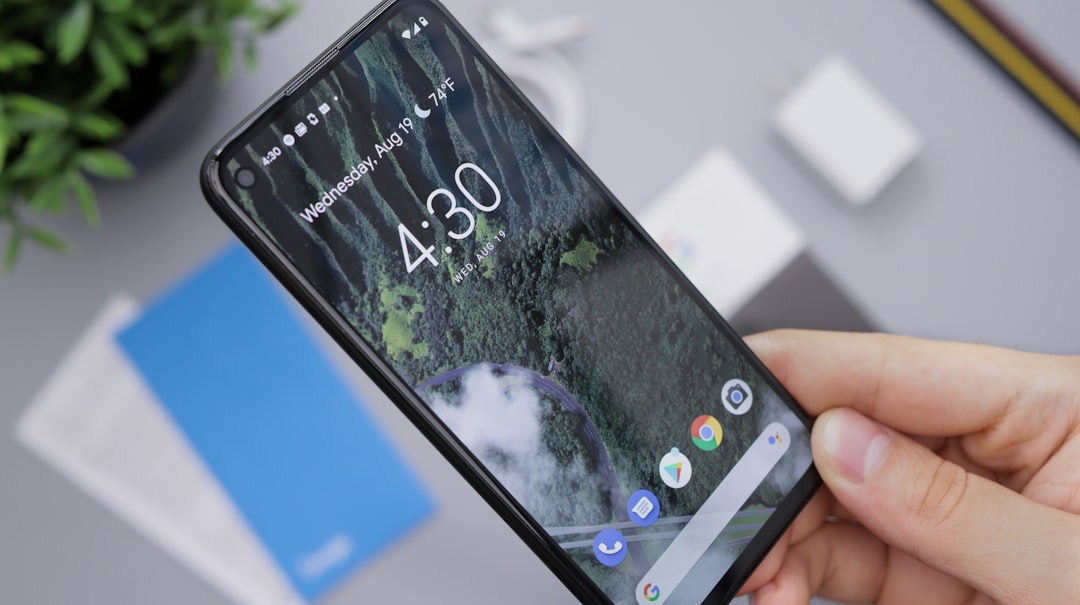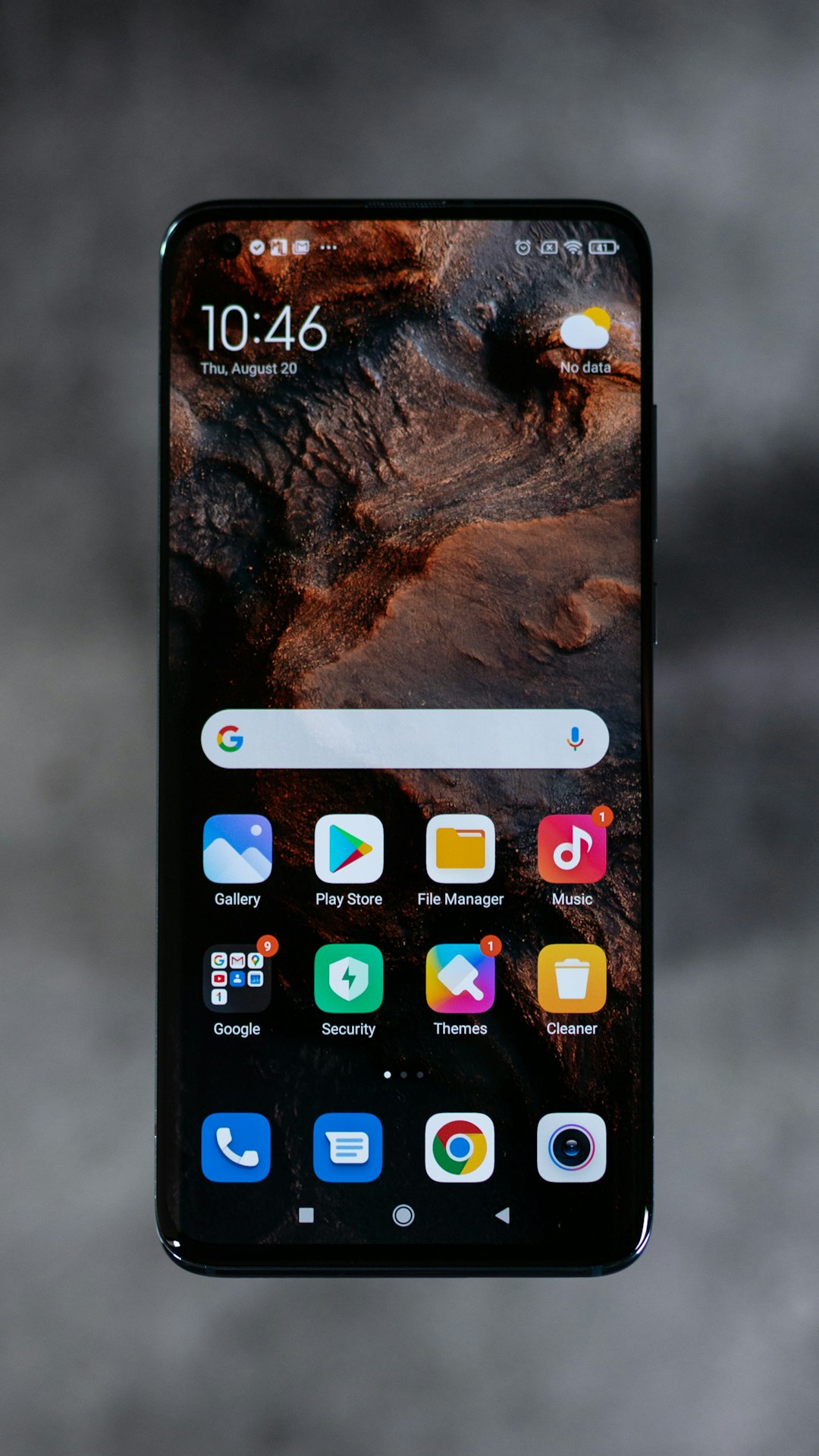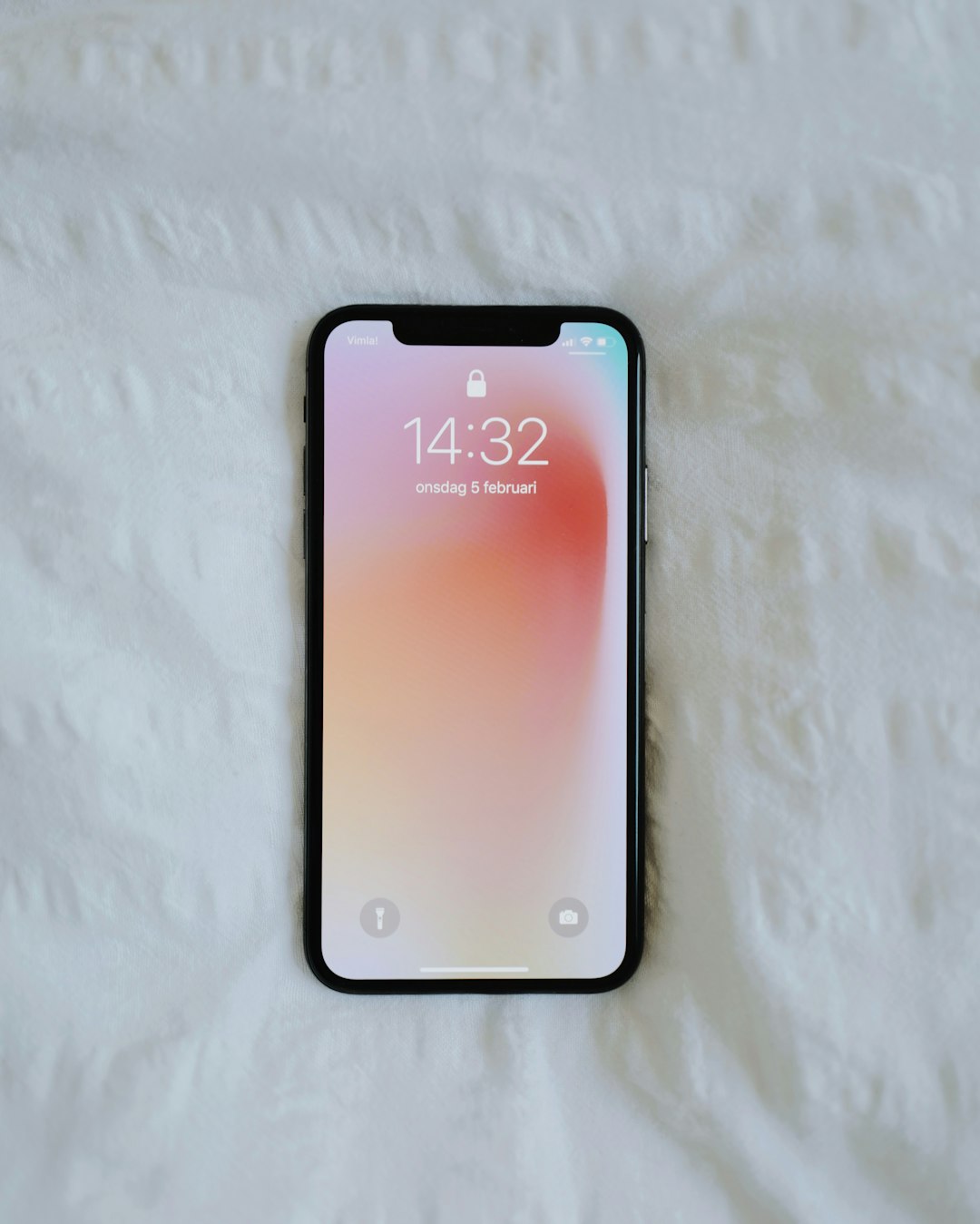In Nevada, strict Do Not Call laws protect residents from unwanted marketing calls, with the Attorney General's Office enforcing them. A Do Not Call Lawyer in Nevada is crucial for understanding and navigating these regulations, especially regarding telemarketing and political/non-profit calls. These lawyers assist Nevadans in signing up for the state's list, document violations, file complaints, and take legal action against repeat offenders, thereby protecting privacy and personal space from intrusive phone calls.
“Dive into an exclusive interview with a leading Do Not Call Lawyer in Las Vegas, Nevada. Explore the intricate world of consumer protection and uncover valuable insights on navigating the state’s stringent Do Not Call laws. From understanding legal rights to mastering effective defense strategies, this guide offers practical advice for both legal professionals and individuals seeking to assert their right to privacy. Uncover key tactics to fortify your position against unwanted calls, all while adhering to Nevada’s regulatory framework.”
Understanding Do Not Call Laws in Nevada

In Nevada, the Do Not Call laws are designed to protect residents from unsolicited telephone marketing calls. These laws are enforced by the Nevada Attorney General’s Office, which has the power to take legal action against businesses and individuals who violate them. If you’re a resident of Las Vegas or any other part of Nevada, it’s crucial to understand your rights under these regulations. A Do Not Call Lawyer in Nevada can offer invaluable guidance on how to navigate this landscape, ensuring compliance and protecting your privacy from intrusive marketing calls.
Knowing when a call is considered unlawful is essential. Generally, it applies to telemarketing calls made for commercial purposes, but it also extends to certain types of political and non-profit organizations. A Do Not Call Lawyer can educate you on the specific regulations, helping you recognize and document any violations, which may include filing official complaints with the appropriate authorities. By understanding your rights and working with legal experts in Nevada, you can effectively assert your Do Not Call protections.
The Role of a Do Not Call Lawyer

In the vibrant and bustling city of Las Vegas, Nevada, where the legal landscape is as diverse as its entertainment scene, a specialized legal service stands out: the Do Not Call Lawyer. This unique profession is dedicated to safeguarding individuals’ right to privacy and peaceful coexistence in their homes by enforcing the state’s “Do Not Call” registry laws. With a growing number of telemarketing calls and sales pitches inundating residents’ daily lives, these lawyers play a crucial role in helping Nevadans regain control over their personal space.
The Do Not Call Lawyer in Nevada assists clients in navigating the legal process of registering their phone numbers on the state’s “Do Not Call” list, ensuring they are free from unwanted telemarketing calls and sales solicitations. They provide insights, guidance, and strategic advice to help individuals understand their rights, file complaints when necessary, and take legal action against persistent violators. By employing their expertise, Nevadans can enjoy a quieter, more peaceful environment in their homes, free from intrusive phone calls.
Strategies for Effective Legal Defense

A successful legal defense strategy for a Do Not Call lawyer in Las Vegas starts with meticulous record-keeping. Documenting every interaction, call, and communication is crucial, as it not only helps in building a robust case but also serves as evidence during trials. Keeping detailed notes, recordings (where allowed by law), and written complaints can significantly strengthen a client’s position.
Additionally, these lawyers often employ strategic litigation techniques, such as challenging the validity of phone calls or texts through discovery processes. They may request call records from telephone companies, scrutinize marketing practices, and even question the authenticity of sales scripts to weaken the case against their clients. Such approaches not only defend against Do Not Call violations but also educate potential customers about their rights.






